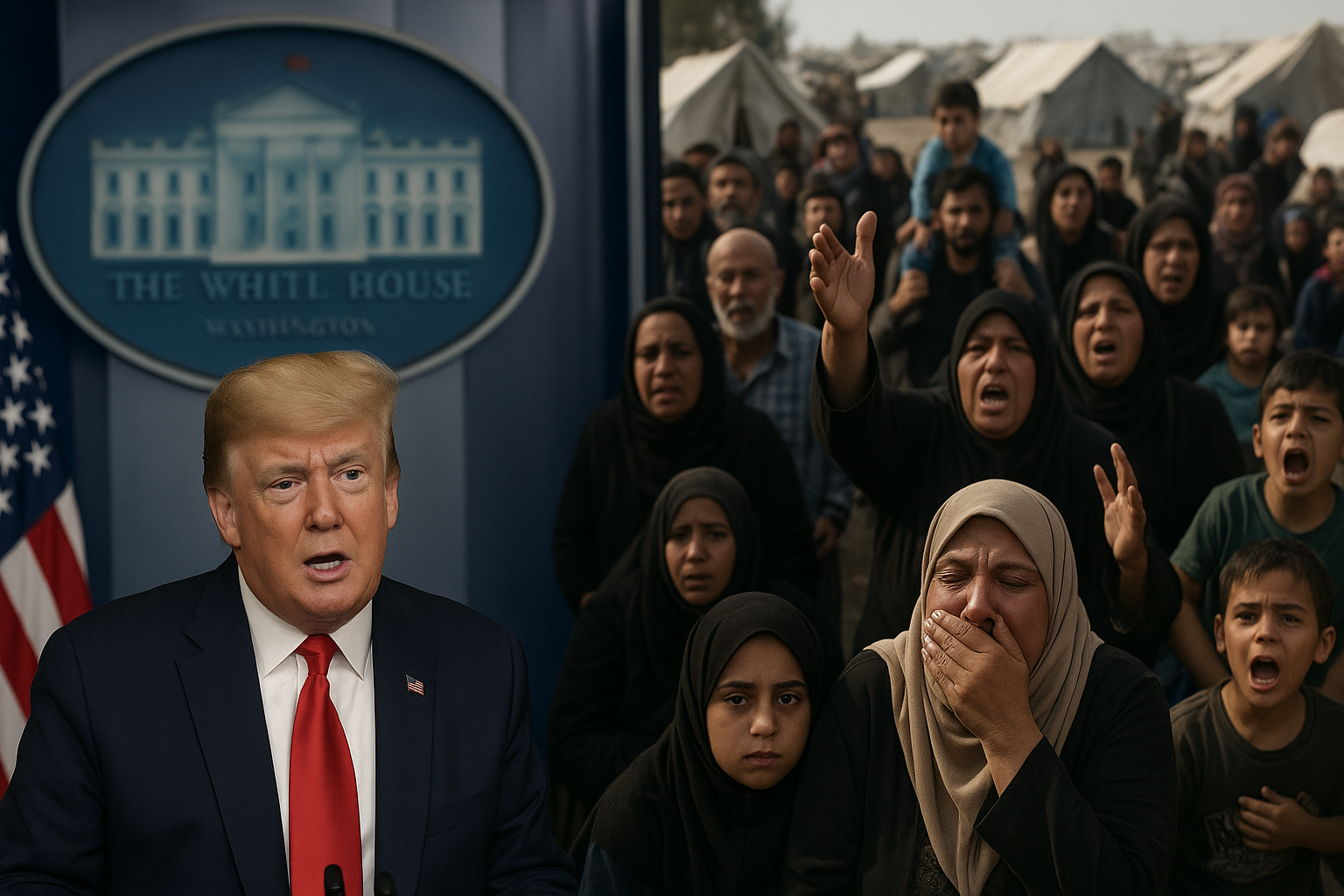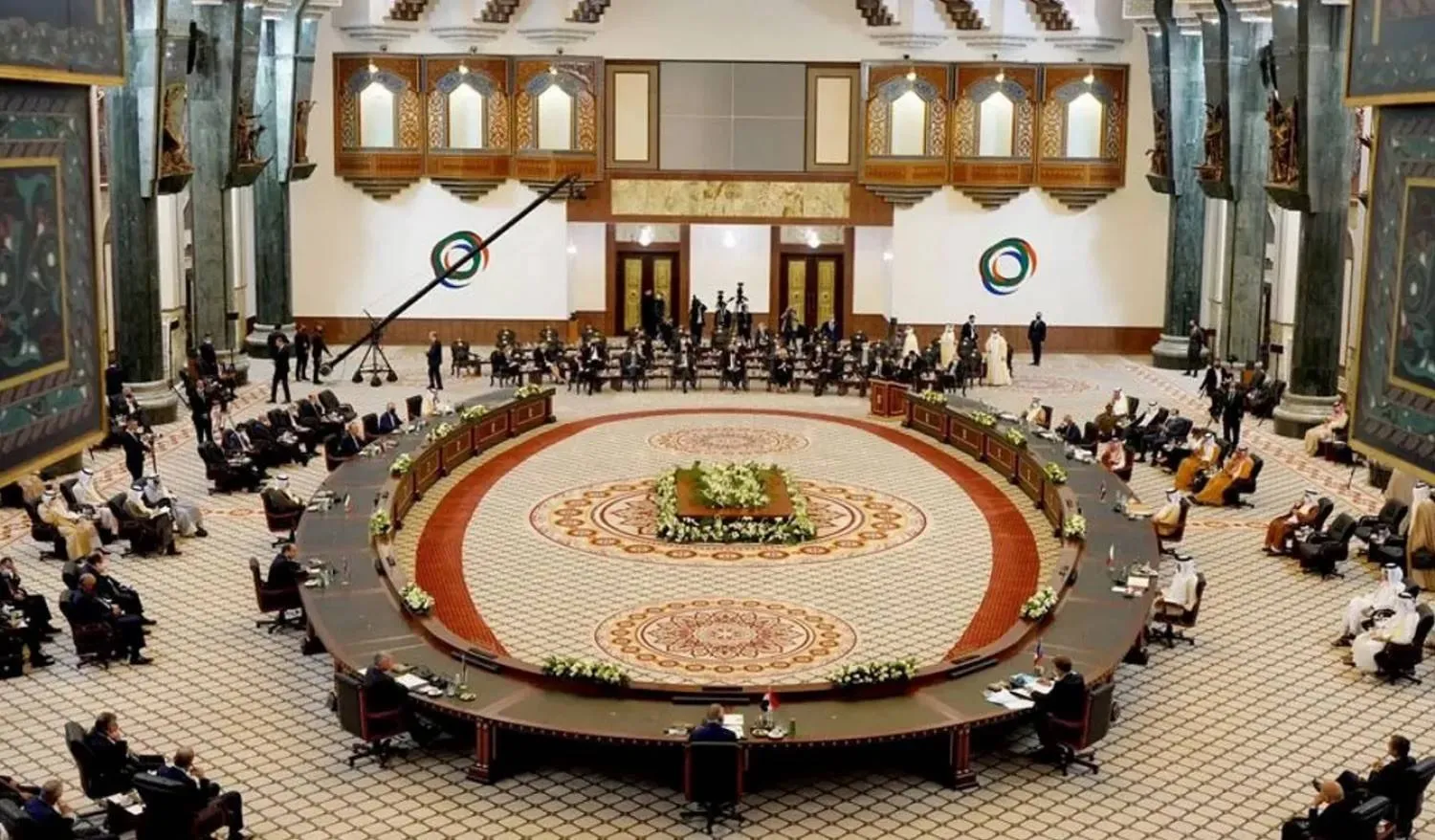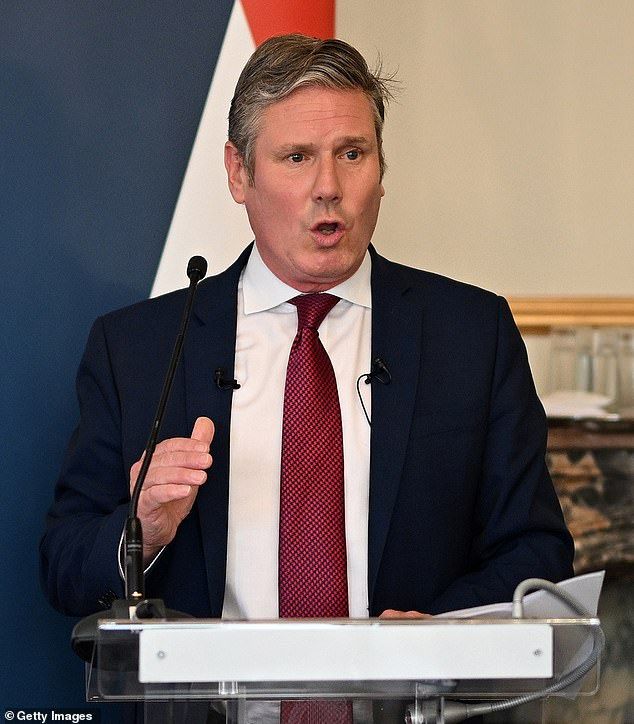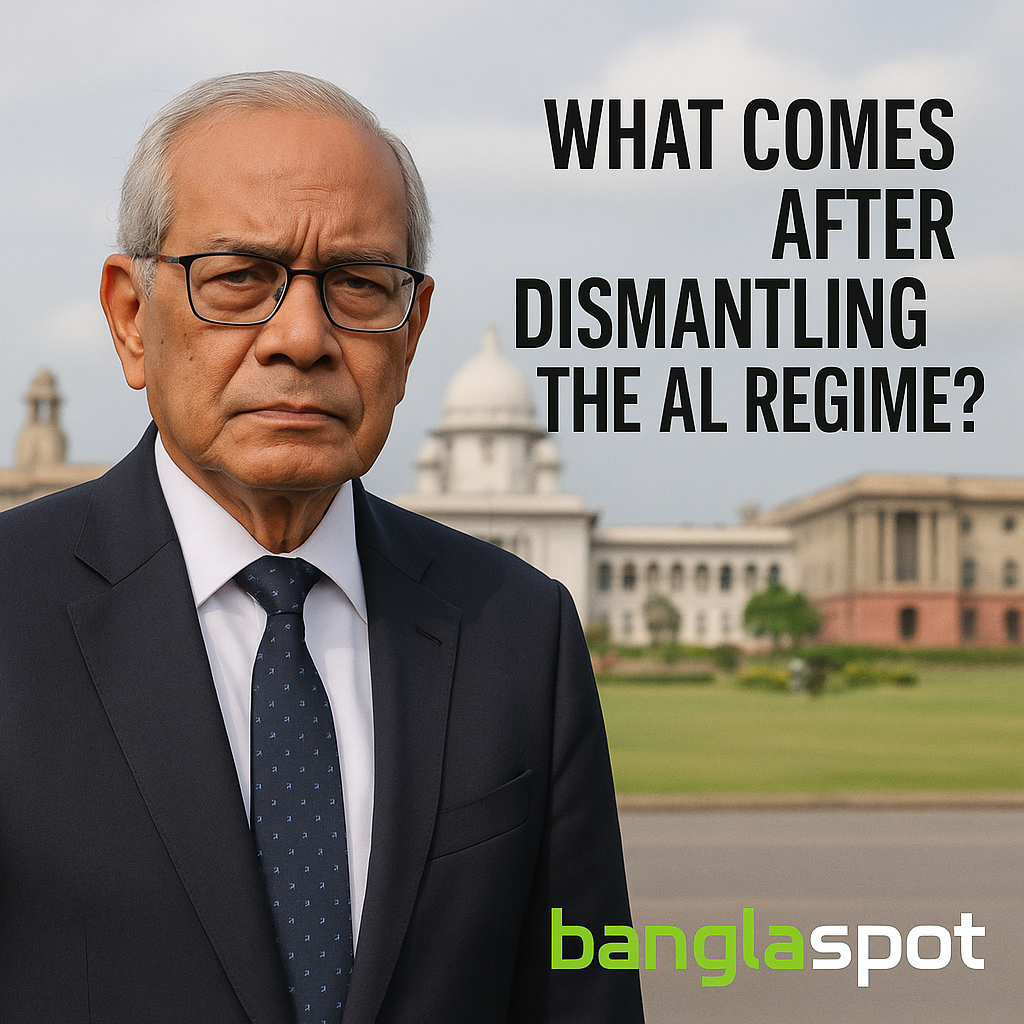Political Tensions Rise Amid Constitutional Reform Talks in Bangladesh
Dhaka, Bangladesh — In a rapidly evolving political landscape, Bangladesh has found itself at the center of intense speculation and rising tensions. Rumors of a constitutional overhaul have surfaced in recent weeks, with reports suggesting the involvement of top-ranking military officials in informal discussions with political stakeholders. These developments have sparked concern both domestically and internationally regarding the future of democratic governance in the South Asian nation.
The Economic Times recently reported that the Bangladesh Army is allegedly engaged in behind-the-scenes talks amid a possible political shake-up. While government officials have neither confirmed nor denied these reports, the silence has only fueled uncertainty among political analysts, journalists, and the general public.
Sources close to the matter have indicated that the discussions may be centered around proposed changes to the structure of the government, possibly affecting the balance of power between the executive and judiciary. Some have suggested that the changes could pave the way for a more centralized form of governance, while others believe they may be an attempt to preempt upcoming electoral unrest.
Opposition leaders have expressed alarm at the lack of transparency surrounding the talks. “If the army is involved in political negotiations, it raises serious questions about the future of our democracy,” said a senior leader of the Bangladesh Nationalist Party (BNP), who asked to remain anonymous. Meanwhile, members of the ruling Awami League have remained largely silent on the issue, with only a few dismissing the reports as “speculative.”
The Bangladesh Army has traditionally maintained a degree of independence from day-to-day political affairs since the return to civilian rule in the 1990s. However, its historical role in past coups and transitional governments adds weight to current concerns. Analysts say that even informal involvement of the military in constitutional discussions could be a sign of significant political realignment on the horizon.
International observers are closely monitoring the situation. The United Nations and various diplomatic missions in Dhaka have reportedly requested briefings from the government, seeking clarity on the future course of governance in the country. Human rights organizations have also voiced concern about the potential for political suppression during a time of transition.
This comes at a critical time for Bangladesh, which is preparing for national elections slated for early next year. With the economy recovering from pandemic-induced setbacks and inflation pressures mounting, political stability remains crucial for sustained growth and investor confidence.
As the nation watches and waits, the calls for transparency and democratic accountability grow louder. Whether the government will respond openly to these concerns remains to be seen, but one thing is certain: Bangladesh stands at a crossroads that could shape its political future for years to come.






